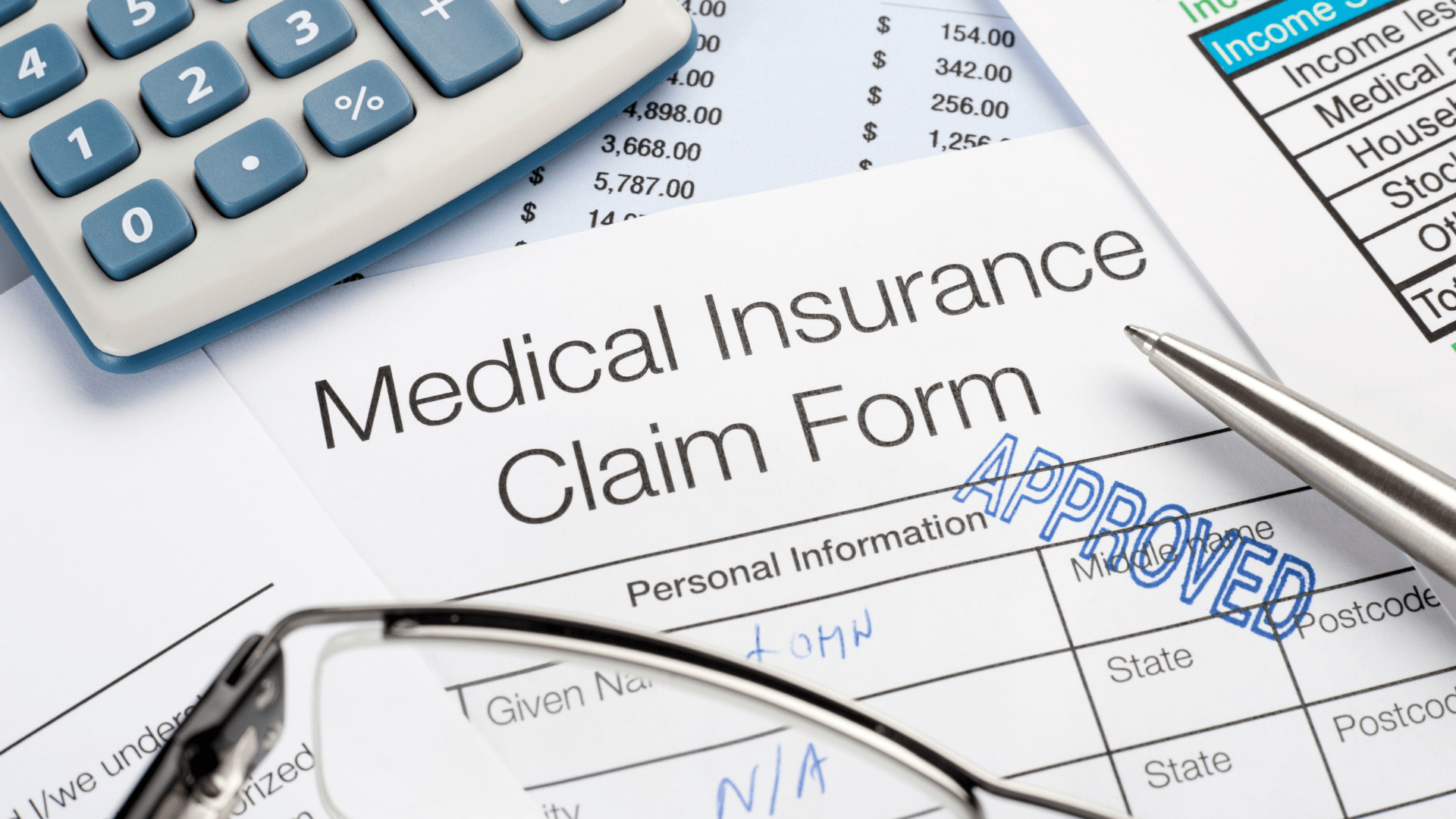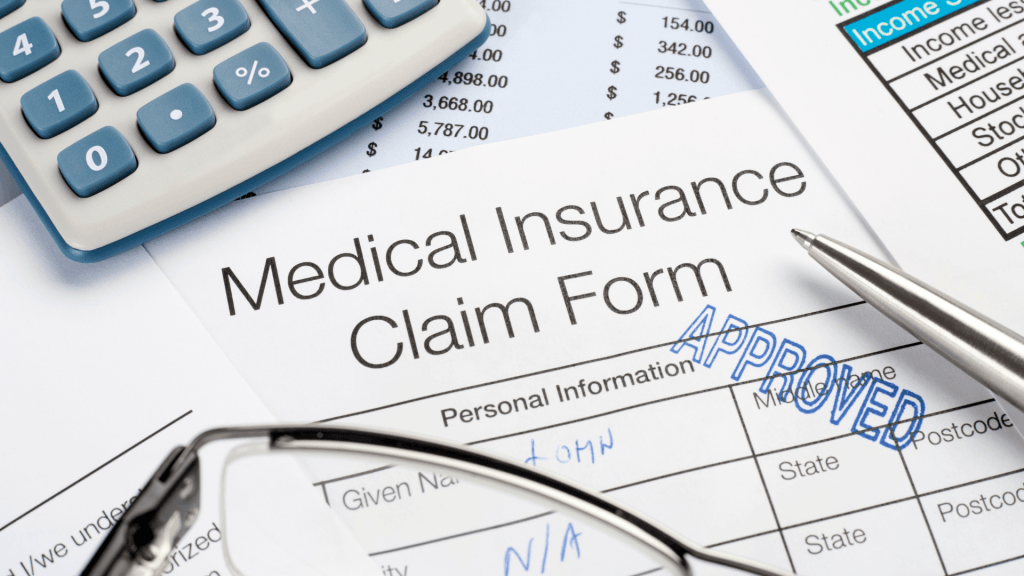Auto accidents are a surprise and they usually leave emotional, physical, and financial demands. The matter of medical bills and insurance after a car accident is one of the most urgent priorities of the victims. Such two elements may define the recovery process, not both in terms of whether it is stressful or not, but in terms of whether it will be hampered or not in relation to health and on whether it will be unimpeded or not on the scale of finance. It is important to understand how to deal with them by somebody during the crash.
Whenever a person is hurt as a result of driving a car, he or she might require quick treatment, and it might involve driving in an ambulance, emergency room care, surgery, drugs, rehabilitation following up checks. These services are expensive and when one gets a serious injury the expenses can be accumulated rapidly. Lacking a correct planning, the victims might end up in a state of debt.
This is how medical bills and insurance usually works after an accident in a nutshell:

1. Who Cover the Medical Costs?
First of all, you can be charged with your medical expenses. Part of the insurance can be covered by your health insurance or car insurance. In case of faulty other drivers, it can cover your costs through their insurance, however, it will take time to settle the case.
2. Insurance Types That Can Be of Assistance:
Personal Injury Protection (PIP): PIP is available in states that have a no fault principle and covers your medical bills and has nothing to do with the cause of the accident.
Medical Payments Coverage (MedPay): This is just like the PIP except that it has lesser coverage which can be used in covering your injuries.
Liability Coverage: Once another driver is at fault, his or her liability coverage will hopefully pay up your losses in the future.
Health Insurance: May come in to pay what your auto policy does not cover, but you may have to repay your health insurance out of a future loss recovery.
3. The Part played by Subrogation:
Your health insurer could demand repayment of what they paid on your account after the payment of any settlement you get in a process known as subrogation. This may lower your eventual compensation package and therefore this should be borne in mind when negotiating with them.
4. Out-of-Pocket Costs:
With or without insurance, you can have deductibles on your claim or unacceptable expenses. One should be able to keep receipts and all records in case of reimbursement.
5. It can be Assisted by Legal Support:
After an accident related to a car, lots of individuals engage the services of a personal injury attorney to assist with the medical expenses and insurance. Lawyers are able to negotiate with the insurers, work out with medical providers and assist in the settlement that will be reasonable. This can guarantee the safety of your rights and prevent the fact that you will have to bear the costs which can be spent on the negligence of the third party.
Self- protection Tips:
When this occurs, always ensure that you visit the doctor immediately after the accident to have the injuries recorded.
- Inform your automotive insurance company right away.
- Do not hurriedly accept the settlement with the insurance company of the driver who had caused the accident; there is a possibility that injuries can be generated in the future.
- Never discard any medical records, bills, or prescription.
- You may hire a lawyer, particularly on a case that requires them to receive an extended treatment or cases with a large medical bill.
Conclusion
Surviving a car accident is not easy, however, an insight on how to tackle medical bills and insurance following a car accident can ensure that you do not end up in suffocating debts. Be aware of what is happening, get everything written and if necessary take legal aid so that the process of recovery is less hectic.

Peyman Khosravani is a global blockchain and digital transformation expert with a passion for marketing, futuristic ideas, analytics insights, startup businesses, and effective communications. He has extensive experience in blockchain and DeFi projects and is committed to using technology to bring justice and fairness to society and promote freedom. Peyman has worked with international organizations to improve digital transformation strategies and data-gathering strategies that help identify customer touchpoints and sources of data that tell the story of what is happening. With his expertise in blockchain, digital transformation, marketing, analytics insights, startup businesses, and effective communications, Peyman is dedicated to helping businesses succeed in the digital age. He believes that technology can be used as a tool for positive change in the world.









